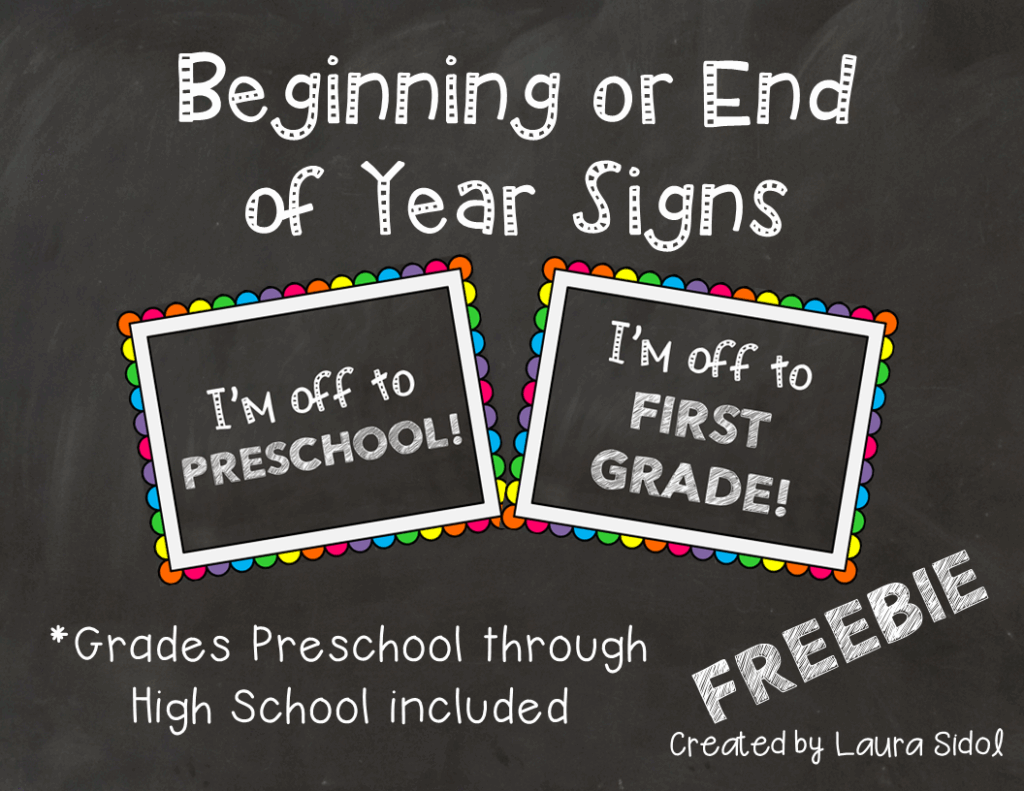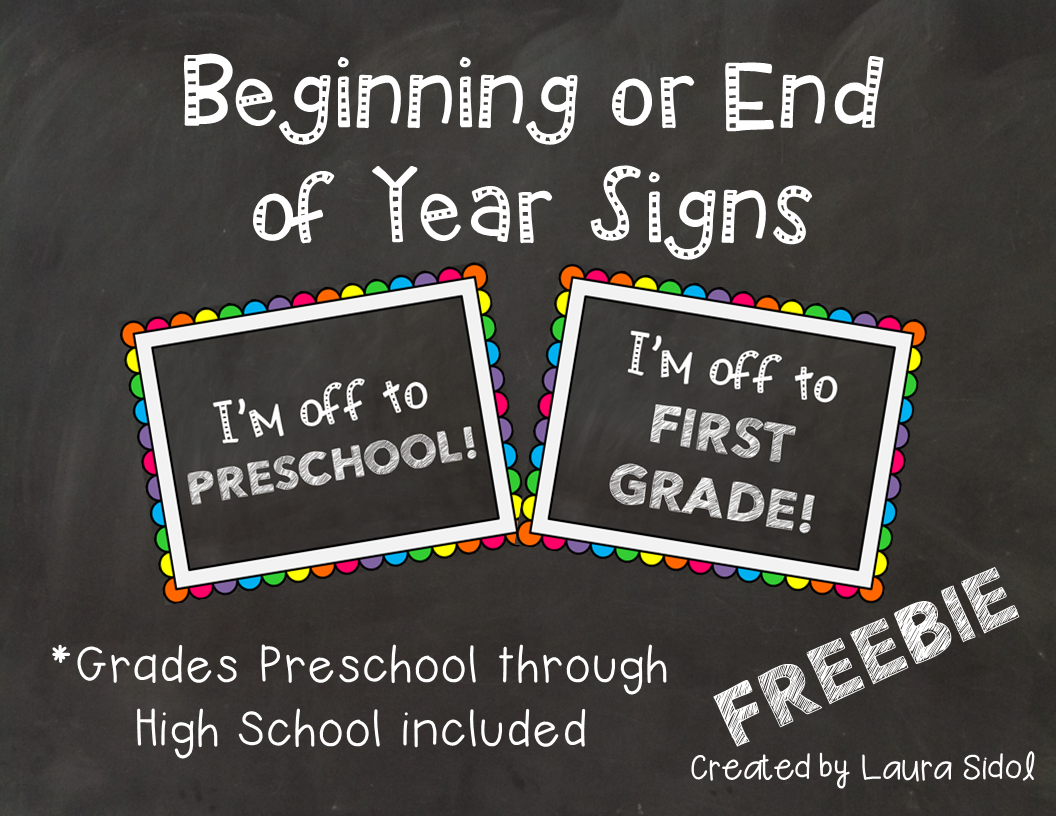
What First Graders Should Know: A Comprehensive Guide for Parents and Educators
Entering first grade marks a significant milestone in a child’s educational journey. It’s a year of substantial growth, both academically and socially. Parents and educators often wonder, “What first graders should know?” This guide provides a comprehensive overview of the key skills and concepts that children typically learn during this crucial year. Understanding these expectations can help parents support their child’s learning and development effectively. We will delve into reading, writing, math, science, social studies, and essential social-emotional skills, offering practical insights and tips along the way.
Reading and Language Arts
Reading is a cornerstone of first-grade curriculum. What first graders should know in reading includes mastering phonics, improving reading fluency, and developing comprehension skills. Here’s a detailed breakdown:
Phonics
Phonics is the understanding of the relationship between letters and sounds. By the end of first grade, children should be able to:
- Recognize and produce the sounds of all letters (consonants and vowels).
- Decode CVC (consonant-vowel-consonant) words like ‘cat,’ ‘dog,’ and ‘sun.’
- Blend sounds to read one-syllable words.
- Identify common digraphs (sh, ch, th) and blends (st, bl, tr).
- Recognize and use vowel teams (ai, ea, oa).
Reading Fluency
Fluency refers to the ability to read accurately, quickly, and with expression. First graders should:
- Read aloud with increasing accuracy and speed.
- Use appropriate phrasing and intonation when reading.
- Recognize and read sight words (high-frequency words) automatically.
Reading Comprehension
Understanding what they read is crucial. What first graders should know regarding comprehension includes:
- Retell stories, including key details and characters.
- Identify the main idea of a story.
- Make predictions about what will happen next.
- Answer simple questions about the text.
- Understand the difference between fiction and non-fiction.
Writing Skills
Writing is another essential component of first-grade learning. Children learn to express their thoughts and ideas on paper. What first graders should know in writing encompasses:
Sentence Construction
First graders should be able to write simple sentences that include:
- A subject and a verb.
- Correct capitalization at the beginning of the sentence.
- Proper punctuation (period, question mark, or exclamation point) at the end of the sentence.
Spelling
Spelling skills develop rapidly in first grade. Children should:
- Spell common sight words correctly.
- Use phonetic spelling for unfamiliar words (sounding out words).
- Learn basic spelling rules.
Writing Process
Introducing the writing process helps children understand how to create a finished piece of writing. This involves:
- Brainstorming ideas.
- Drafting a simple story or report.
- Revising and editing their work with guidance.
Mathematics
First-grade math builds on kindergarten concepts and introduces new skills. What first graders should know in mathematics includes:
Number Sense
A strong understanding of numbers is fundamental. Children should:
- Count to 120.
- Read and write numbers to 100.
- Understand place value (tens and ones).
- Compare numbers using greater than, less than, or equal to symbols.
Addition and Subtraction
First graders learn basic addition and subtraction. They should:
- Solve addition and subtraction problems within 20.
- Use strategies like counting on, counting back, and using number bonds.
- Understand the relationship between addition and subtraction.
- Solve word problems involving addition and subtraction.
Geometry
Basic geometric concepts are introduced. Children should:
- Identify and describe basic shapes (circle, square, triangle, rectangle, cube, cone, cylinder).
- Compose two-dimensional shapes.
- Divide shapes into equal parts (halves and fourths).
Measurement
Understanding measurement helps children apply math to real-world situations. They should:
- Measure length using non-standard units (e.g., cubes, paperclips).
- Tell time to the hour and half-hour using analog and digital clocks.
Science
First-grade science introduces children to the world around them. What first graders should know in science typically covers:
Life Science
- Understanding the basic needs of living things (food, water, shelter).
- Identifying different types of plants and animals.
- Learning about the life cycles of plants and animals.
- Exploring habitats and ecosystems.
Earth Science
- Understanding the different types of weather.
- Learning about the seasons.
- Identifying different landforms and bodies of water.
Physical Science
- Exploring the properties of matter (solid, liquid, gas).
- Learning about force and motion.
- Understanding basic concepts of energy.
Social Studies
Social studies helps children understand their place in the world. What first graders should know in social studies includes:
Citizenship
- Understanding the concept of rules and laws.
- Learning about good citizenship.
- Understanding the importance of respect and responsibility.
Community
- Identifying different members of the community (e.g., teachers, doctors, firefighters).
- Understanding the roles of different community helpers.
- Learning about different types of communities (urban, suburban, rural).
History
- Learning about important historical figures and events.
- Understanding the concept of timelines.
- Exploring different cultures and traditions.
Social-Emotional Skills
Beyond academics, developing social-emotional skills is crucial for first graders. These skills include:
Self-Awareness
- Identifying and expressing their emotions.
- Understanding their strengths and weaknesses.
- Developing a sense of self-confidence.
Self-Management
- Managing their emotions and impulses.
- Setting and achieving goals.
- Organizing their materials and time.
Social Awareness
- Understanding the perspectives of others.
- Showing empathy and compassion.
- Respecting diversity.
Relationship Skills
- Building and maintaining positive relationships.
- Communicating effectively.
- Cooperating and collaborating with others.
- Resolving conflicts peacefully.
Responsible Decision-Making
- Identifying problems.
- Considering the consequences of their actions.
- Making responsible choices.
How Parents Can Support Their First Grader
Parents play a vital role in supporting their child’s learning. Here are some tips:
- Read aloud to your child every day: This helps improve their reading comprehension and vocabulary.
- Create a reading-rich environment: Provide access to a variety of books and magazines.
- Practice sight words: Use flashcards or games to help your child memorize sight words.
- Encourage writing: Provide opportunities for your child to write, such as journaling or writing letters.
- Make math fun: Use games and real-world examples to teach math concepts.
- Communicate with your child’s teacher: Stay informed about your child’s progress and address any concerns promptly.
- Provide a supportive and encouraging environment: Celebrate your child’s successes and offer encouragement when they struggle.
Conclusion
First grade is a year of tremendous growth and learning. Understanding what first graders should know can help parents and educators provide the support and resources children need to succeed. By focusing on reading, writing, math, science, social studies, and social-emotional skills, we can help first graders build a strong foundation for future academic success. Remember that every child develops at their own pace, so it’s important to be patient and supportive throughout the year. This guide provides a solid framework for understanding the academic and social-emotional milestones of first grade, ensuring that children are well-prepared for the challenges and opportunities that lie ahead. Supporting your child’s educational journey through active involvement and positive reinforcement will contribute significantly to their overall development and confidence. Encouraging curiosity and a love for learning will set them on a path to lifelong success. [See also: Reading Comprehension Strategies for Elementary Students]

